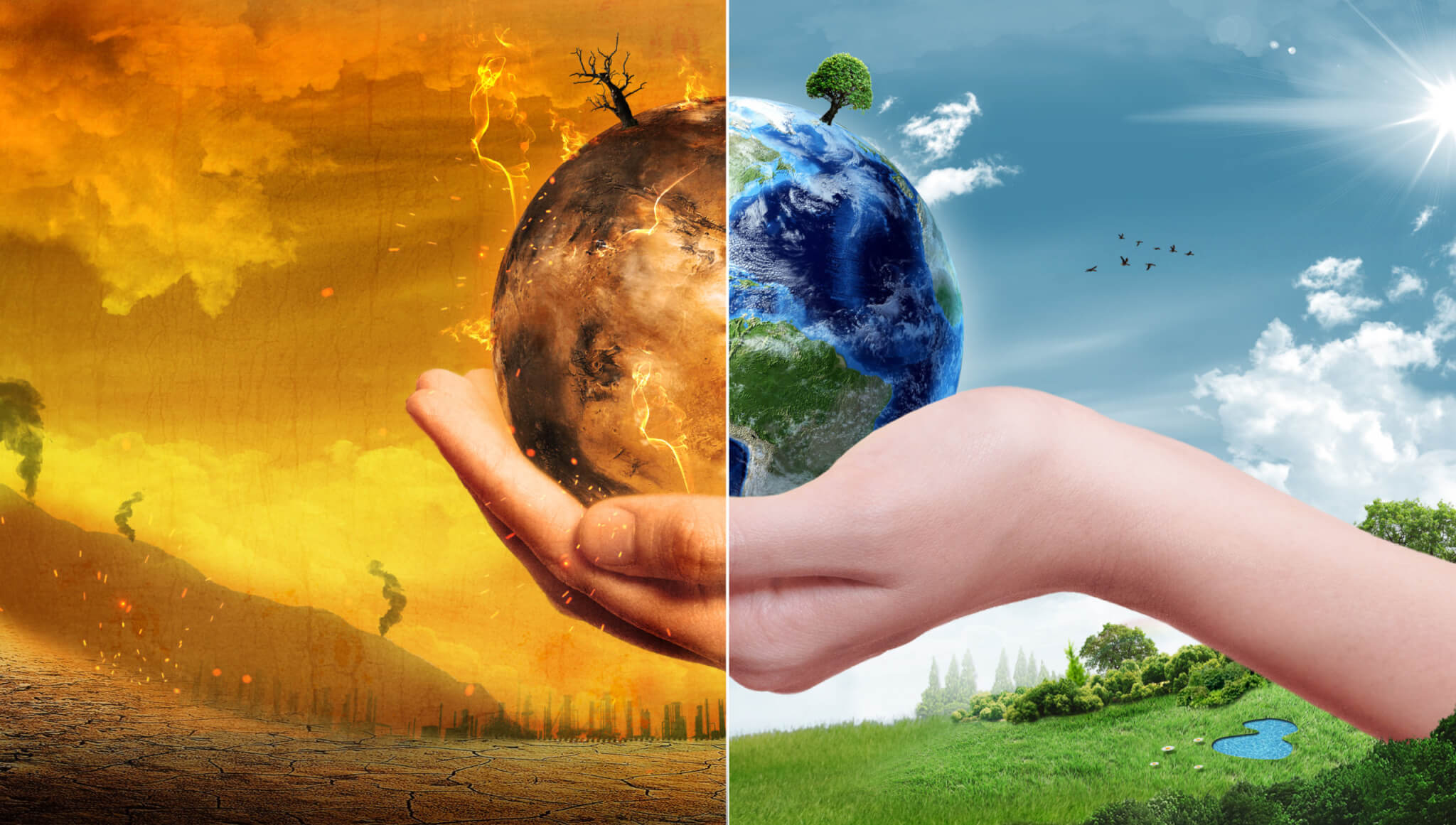A new study uses AI and machine learning to examine data from archaean lipid membranes providing surface temperature, CO2 levels and oxygen isotope content correlation over the past 45 million years.
ABSTRACT
Cenozoic evolution of the Antarctic ice sheets is thought to be driven primarily by long-term changes in radiative forcing, but the tectonic evolution of Antarctica may also have played a substantive role. While deep-sea foraminiferal oxygen isotope records provide a combined measure of global continental ice volume and ocean temperature, they do not provide direct insights into non-radiative influences on Antarctic Ice Sheet dynamics. Here we present an Antarctic compilation of Cenozoic upper-ocean temperature for the Ross Sea and offshore Wilkes Land, generated by membrane lipid distributions from archaea. We find trends of ocean temperature, atmospheric carbon dioxide and oxygen isotopes largely co-vary. However, this relationship is less clear for the late Oligocene, when high-latitude cooling occurred despite interpretation of oxygen isotopes suggesting global warming and ice-volume loss. We propose this retreat of the West Antarctic Ice Sheet occurred in response to a tectonically driven marine transgression, with warm surface waters precluding marine-based ice-sheet growth. Marine ice-sheet expansion occurred only when ocean temperatures further cooled during the Oligocene–Miocene transition, with cold orbital conditions and low atmospheric carbon dioxide. Our results support a threshold response to atmospheric carbon dioxide, below which Antarctica’s marine ice sheets grow, and above which ocean warming exacerbates their retreat. "
Climatic and tectonic drivers of late Oligocene Antarctic ice volume - Nature Geoscience (Sorry, but this is a Nature Geoscience paywall)
This study supports the earlier study finding a high likelihood that CO2 levels above 400 ppm are likely to completely eliminate the Antarctic ice shelves which will lead to massively increased glacial ice sheet loss and large rises in sea levels.
ABSTRACT
Cenozoic evolution of the Antarctic ice sheets is thought to be driven primarily by long-term changes in radiative forcing, but the tectonic evolution of Antarctica may also have played a substantive role. While deep-sea foraminiferal oxygen isotope records provide a combined measure of global continental ice volume and ocean temperature, they do not provide direct insights into non-radiative influences on Antarctic Ice Sheet dynamics. Here we present an Antarctic compilation of Cenozoic upper-ocean temperature for the Ross Sea and offshore Wilkes Land, generated by membrane lipid distributions from archaea. We find trends of ocean temperature, atmospheric carbon dioxide and oxygen isotopes largely co-vary. However, this relationship is less clear for the late Oligocene, when high-latitude cooling occurred despite interpretation of oxygen isotopes suggesting global warming and ice-volume loss. We propose this retreat of the West Antarctic Ice Sheet occurred in response to a tectonically driven marine transgression, with warm surface waters precluding marine-based ice-sheet growth. Marine ice-sheet expansion occurred only when ocean temperatures further cooled during the Oligocene–Miocene transition, with cold orbital conditions and low atmospheric carbon dioxide. Our results support a threshold response to atmospheric carbon dioxide, below which Antarctica’s marine ice sheets grow, and above which ocean warming exacerbates their retreat. "
Climatic and tectonic drivers of late Oligocene Antarctic ice volume - Nature Geoscience (Sorry, but this is a Nature Geoscience paywall)
This study supports the earlier study finding a high likelihood that CO2 levels above 400 ppm are likely to completely eliminate the Antarctic ice shelves which will lead to massively increased glacial ice sheet loss and large rises in sea levels.
Last edited:


